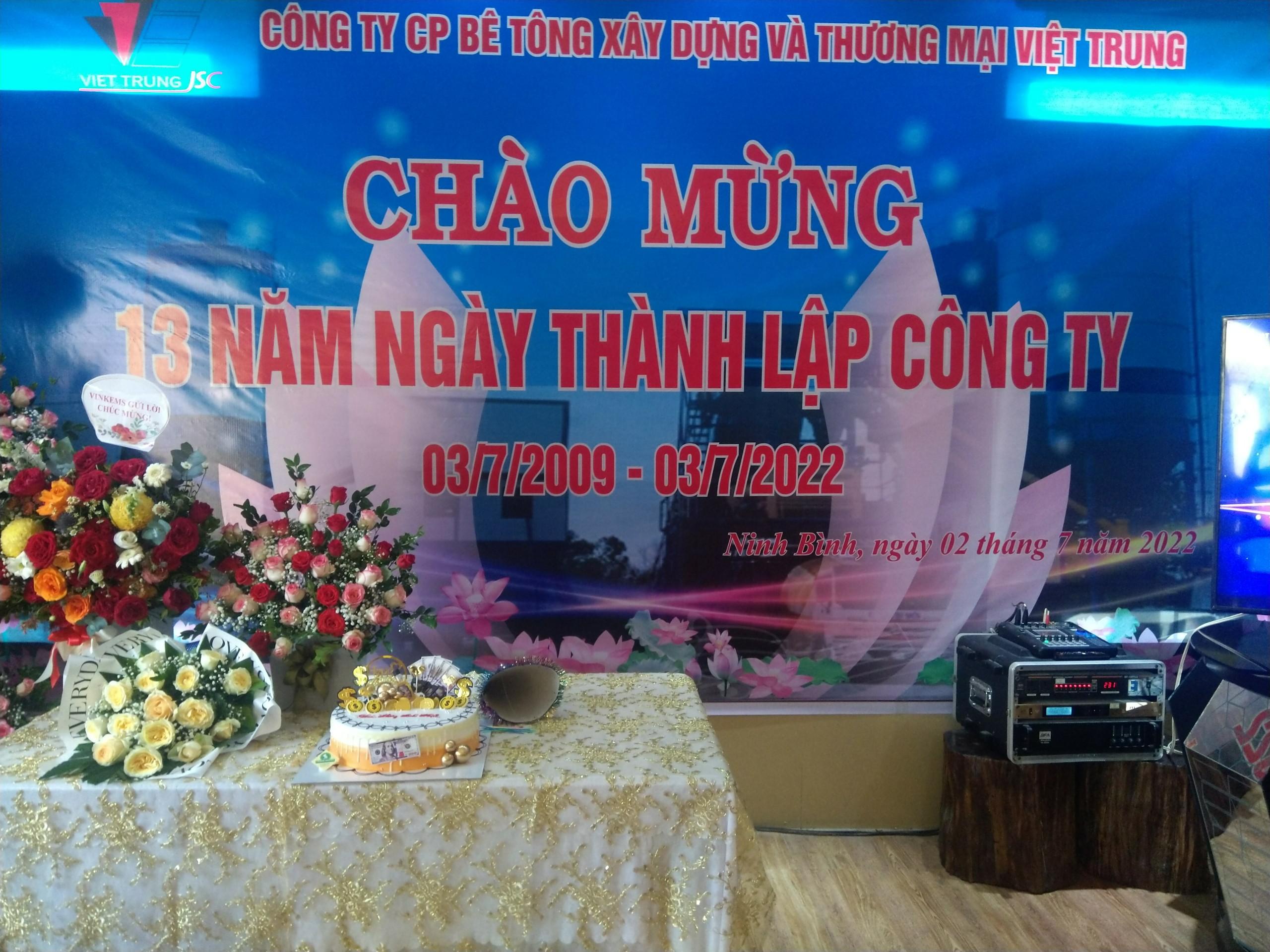A Continent’s Pulse Understanding the Shifting Tides of Economic & Political nigeria news and the Na
- A Continent’s Pulse: Understanding the Shifting Tides of Economic & Political nigeria news and the Nation’s Ascent.
- Economic Diversification: Beyond Oil Dependence
- The Rise of Fintech
- Agricultural Transformation
- Political Dynamics and Governance Challenges
- Security Concerns and Regional Stability
- Decentralization And Federalism
- Social Development and Human Capital Investment
- Education Reforms And Skill Development
- Healthcare System Strengthening
- The Role of International Partnerships
- Trade Relations and Regional Integration
- Looking Ahead: Opportunities and Challenges
A Continent’s Pulse: Understanding the Shifting Tides of Economic & Political nigeria news and the Nation’s Ascent.
Nigeria, a nation brimming with potential, is undergoing a period of significant change. Recent economic shifts, coupled with evolving political landscapes, are reshaping the country’s trajectory. Understanding these developments is crucial, as Nigeria’s stability and prosperity have ripple effects across the African continent and beyond. The story of nigeria news is one of complex interplay between opportunity and challenge, and a nation striving to realize its full potential on the global stage.
Economic Diversification: Beyond Oil Dependence
For decades, Nigeria’s economy has been heavily reliant on crude oil exports. However, a growing awareness of the vulnerabilities associated with this dependence has spurred efforts toward economic diversification. The government is actively promoting sectors such as agriculture, manufacturing, and technology, aiming to create a more resilient and sustainable economic base. This transition, while challenging, offers significant opportunities for growth and job creation.
Key to this diversification is investment in infrastructure. Improved transportation networks, reliable power supplies, and access to digital technologies are all vital for fostering a thriving non-oil sector. The government is seeking both domestic and foreign investment to address these infrastructure gaps.
| Agriculture | 23.2% | 3.5% |
| Manufacturing | 10.8% | 2.1% |
| Oil & Gas | 42.5% | -19.2% |
| Services | 23.5% | 4.8% |
The Rise of Fintech
Nigeria’s rapidly growing fintech sector is a shining example of its diversification efforts. With a large, young population and high mobile phone penetration, the country is witnessing an explosion of innovative financial technology solutions. These solutions are addressing critical gaps in financial inclusion, providing access to banking services for millions of previously unbanked citizens.
From mobile payment platforms to digital lending apps, fintech companies are disrupting traditional banking models and driving economic growth. This sector is attracting significant investment from both local and international investors.
However, the growth of fintech also presents challenges, including regulatory uncertainty and concerns about cybersecurity. Robust regulatory frameworks and strong cybersecurity measures are essential to ensure the sustainable development of this sector.
Agricultural Transformation
Nigeria possesses vast agricultural potential, with fertile land and a favorable climate. Recognizing this potential, the government is prioritizing agricultural transformation through initiatives aimed at improving productivity, enhancing value chains, and increasing access to markets. These initiatives include providing farmers with access to improved seeds, fertilizers, and irrigation facilities.
- Investment in mechanized farming techniques.
- Development of agricultural processing zones.
- Strengthening of agricultural extension services.
- Promotion of agricultural entrepreneurship.
Political Dynamics and Governance Challenges
Nigeria’s political landscape is characterized by strong regional and ethnic identities. Maintaining national unity and addressing governance challenges are crucial for ensuring long-term stability and sustainable development. The strengthening of democratic institutions and the promotion of good governance are essential priorities.
Recent elections have highlighted the need for electoral reforms to enhance transparency and accountability. Addressing corruption and improving the rule of law are also vital for fostering a more conducive environment for investment and economic growth.
Security Concerns and Regional Stability
Nigeria faces significant security challenges, including terrorism, banditry, and farmer-herder conflicts. These challenges are exacerbating existing social and economic tensions and hindering development efforts. Addressing these security concerns requires a multifaceted approach, including strengthening security forces, addressing the root causes of conflict, and promoting peaceful dialogue.
Regional cooperation is also crucial in tackling cross-border security threats. Nigeria is actively engaged in regional security initiatives, working with neighboring countries to combat terrorism and other transnational crimes.
Furthermore, investment in social programs aimed at addressing poverty and unemployment can help to reduce the vulnerability of communities to recruitment by extremist groups.
Decentralization And Federalism
The structure of Nigeria’s federal system has been a subject of ongoing debate. There are calls for greater decentralization to empower state and local governments and to address regional grievances. Discussions on constitutional reforms are underway, with a view to creating a more equitable and effective system of governance. This includes examining revenue allocation formulas and devolving more powers to subnational entities.
- Increased fiscal autonomy for states.
- Establishment of state police forces.
- Reform of the revenue allocation formula.
- Strengthening of local government administration.
Social Development and Human Capital Investment
Investing in social development and human capital is crucial for unlocking Nigeria’s full potential. Improving access to quality education, healthcare, and social protection programs is essential for empowering citizens and fostering inclusive growth.
Addressing the challenges in the education sector, including inadequate funding, teacher shortages, and dilapidated infrastructure, is a top priority. Similarly, strengthening the healthcare system and improving access to essential healthcare services are vital for improving public health outcomes.
Education Reforms And Skill Development
Nigeria’s education system faces numerous challenges, including overcrowding, inadequate infrastructure, and a shortage of qualified teachers. The government is implementing reforms aimed at improving the quality of education at all levels, from primary school to university. These reforms include curriculum reviews, teacher training programs, and investments in infrastructure.
Furthermore, there is a growing emphasis on vocational training and skills development to prepare young people for the demands of the labor market. Partnerships with the private sector are being forged to provide students with relevant skills and training opportunities.
Expanding access to higher education and promoting research and innovation are also key priorities. The government is investing in universities and research institutions to foster a culture of innovation and entrepreneurship.
Healthcare System Strengthening
Nigeria’s healthcare system faces significant challenges, including inadequate funding, a shortage of healthcare professionals, and limited access to healthcare services, particularly in rural areas. The government is undertaking efforts to strengthen the healthcare system by increasing funding, improving infrastructure, and expanding health insurance coverage.
The Role of International Partnerships
Nigeria’s development trajectory is inextricably linked to its international partnerships. Collaborations with international organizations, donor countries, and private sector investors are crucial for mobilizing resources and expertise to address the country’s development challenges.
Foreign direct investment plays a vital role in driving economic growth and creating jobs. The government is actively seeking to attract foreign investment by creating a more favorable investment climate and streamlining regulatory processes.
Trade Relations and Regional Integration
Nigeria is a key player in regional trade and integration initiatives. The African Continental Free Trade Area (AfCFTA) presents significant opportunities for boosting intra-African trade and promoting economic growth. Nigeria is actively working to implement the AfCFTA agreement and to leverage its benefits.
Strengthening trade relations with other countries is also a priority. Nigeria is diversifying its export markets and seeking to increase its participation in global value chains. Investing in trade facilitation measures, such as improving port infrastructure and streamlining customs procedures, is essential for enhancing trade competitiveness.
Furthermore, promoting regional cooperation on issues such as security, infrastructure development, and environmental sustainability is vital for creating a more stable and prosperous region.
Looking Ahead: Opportunities and Challenges
Nigeria stands at a pivotal moment in its history. The nation’s youthful population, abundant natural resources, and growing economy present immense opportunities. However, realizing these opportunities will require concerted efforts to address the challenges of economic diversification, political stability, and social development.
Navigating these complex dynamics and charting a course towards sustainable and inclusive growth will require visionary leadership, sound policy-making, and the active participation of all stakeholders. The future of Nigeria, and indeed Africa, depends on the nation’s ability to harness its potential and overcome its challenges.

